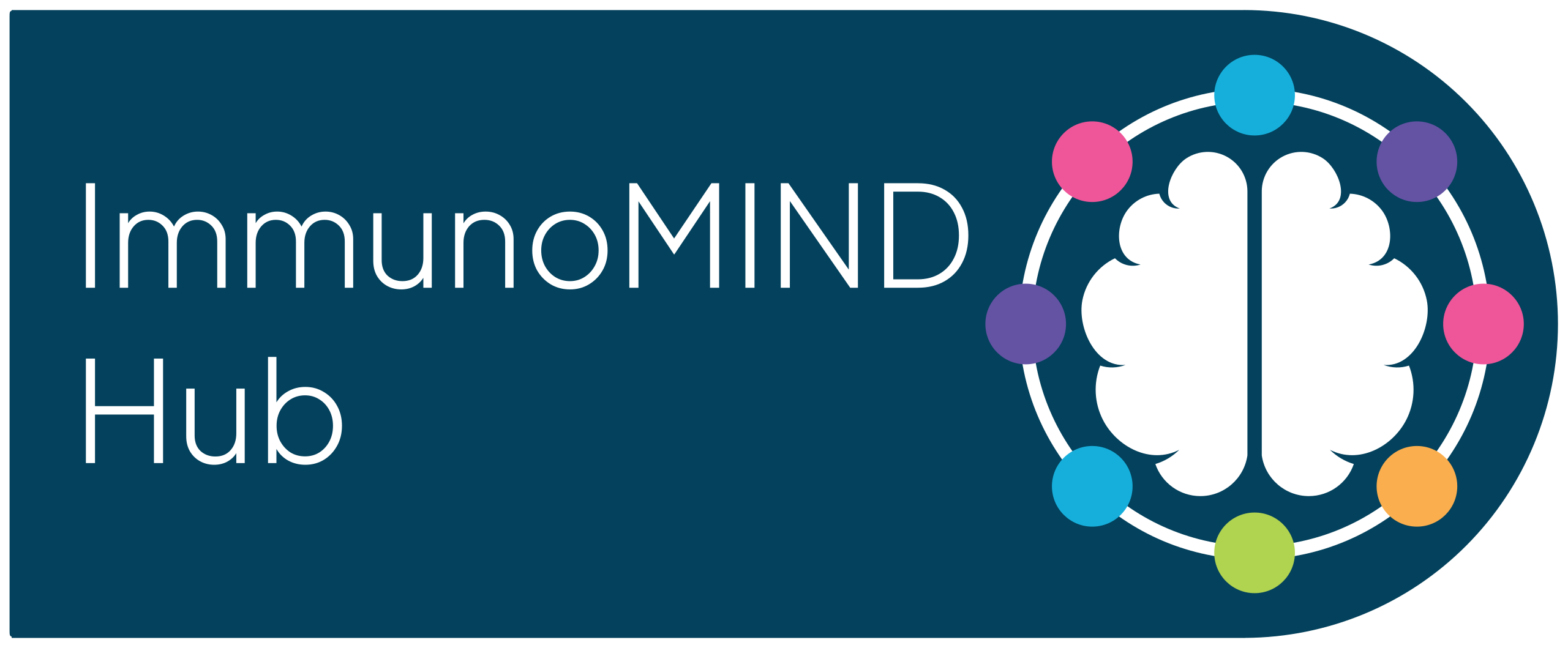University of Cambridge
Coproduction council
The diverse Coproduction Council (CPC) is key to the delivery of the Patient and Public Involvement and Engagement (PPIE) strategy. The CPC, independently chaired by Sarah Rae, comprises 10 other members representing the perspectives of people with lived experience of Severe Mental Illness (SMI) as well as carers, PPIE professionals and other stakeholders across all participating sites. The Chair of the CPC also sits on the ImmunoMind Management Committee and participates in the Mental Health Platform PPIE Leads meetings.
The members will manage the CPC Patient Public Involvement and Engagement budget for the duration of the Hub. This funding model gives the CPC more strategic decision-making power and the autonomy to identify work priorities.
CPC responsibilities include:
- Work in equal partnership with scientists and researchers to coproduce three co-led therapeutic personalisation projects with the dedicated teams, below.
- Bring diverse experiences and expertise to the programme
- Ensure that the programme’s outcomes are relevant and useful to patients and the public by rigorously examining and/or challenging research outputs for the benefit of patients
- To have oversight of data management and information governance to ensure and support the ethical use of ‘big data’
- Efficiently manage the PPI budget
- Ensure information is updated, accessible and tailored to the needs of patients and the public
- Evaluate the impact of the CPC on the three therapeutic personalisation projects and its internal ways of working in a co-productive space.
Additional responsibilities:
- To have oversight of data management and information governance
- To engage with the PPI teams in the National Mental Health Platform and the six collaborative hubs
- To rigorously examine/challenge research outputs for the benefit of patients
Three co-led therapeutic personalisation projects:
The three projects were prioritised by those with relevant lived experience who were involved in developing the ImmunoMind proposal as being highly relevant to the needs of people with SMI:
- Understanding and predicting risks of physical health disorders associated with SMI and its treatment by anti-psychotic drugs, especially in younger people starting treatment for the first time.
- Evidencing and communicating lifestyle management guidance for people with SMI to improve immune and metabolic risk factors for mental and physical health.
- Developing new video game-based ways of measuring mental and cognitive states in young people with an early episode of psychosis

Coproduction council members
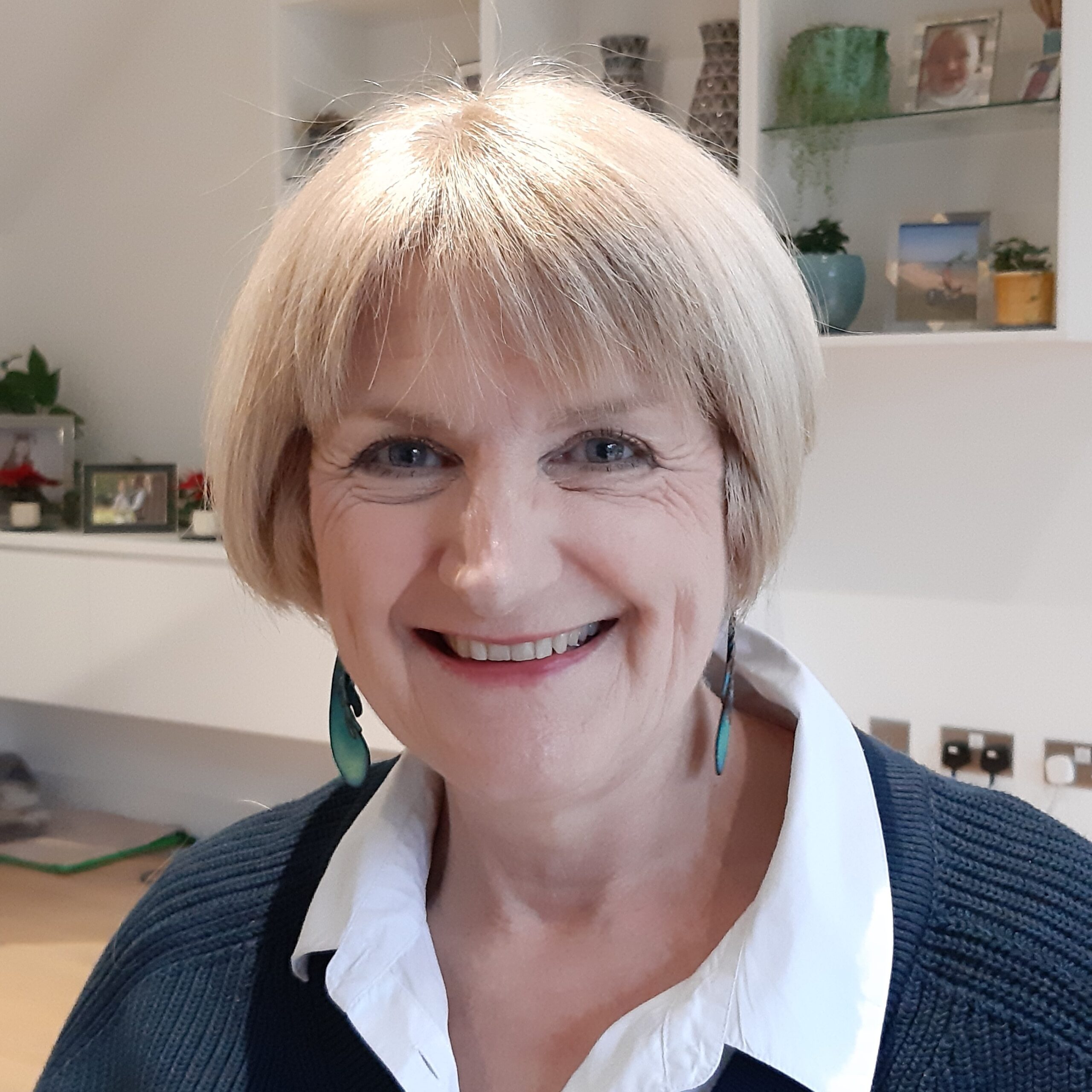
Chair
Sarah Rae
A poor inpatient experience spurred Sarah on to become involved in mental health research and quality improvement projects. She co-founded and co-led a restraint reduction programme, significantly reducing the use of force across one mental health trust. She was also a National Mind trustee for many years.
Sarah initiated the National Institute for Health and Care (NIHR) funded MINDS study https://www.nsft.nhs.uk/minds-study/ and is currently Co-Chief Investigator. She is also the Patient and Public Involvement lead for the London-wide Safety and Equality in Mental Health Inpatient Settings project. As someone who has struggled with lifelong anxiety, she is a co-applicant on a project seeking to find mind, brain and body pathways to anxiety. Sarah works with other national and local organisations, including the Health Foundation, the National Institute for Health and Care Excellence and the Academy of Medical Sciences.
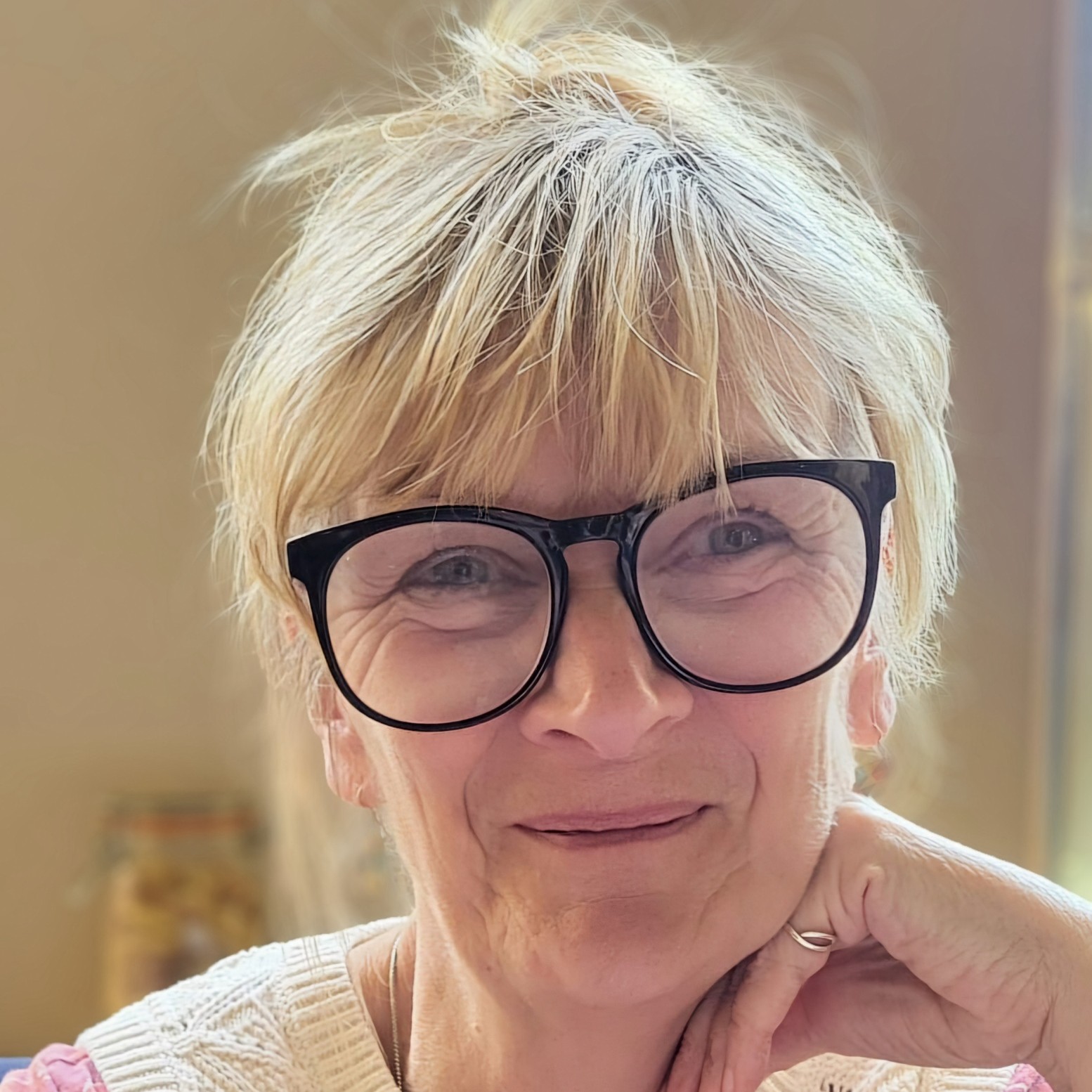
Deputy Chair
(Operations and Finance)
Jan Speechley
I am from West Yorkshire and retired from a role in research administration. I worked for many years in the education sector as a project/business manager and school design advisor.
As a member of the Co-Production Council I am fully involved in the IMMUNOMIND project and am responsible for developing the budget with the Chair and Project Manager.
I am passionate and committed to elevating the PPI role in health research and empowering patients and the public to understand and engage within it. I am particularly interested in developing the relationships between researchers and PPI members, sharing knowledge, training and removing the barriers to learning.
I am an advocate for developing public trust in consenting to the use of their health data for research and developing data literacy training for the public. I have worked with CRUK developing their data strategy for PPIE.
I have taken part in webinars and blogs to promote PPIE and spoken and facilitated at conferences. I have chaired PPI groups and made a short film about the importance of patients in health research. I am involved in developing training for PPIE groups wanting to be part of translational research. I work with PHD students at my local universities developing the PPIE content of their research.
My personal life is hectic as I have a large family of children and grandchildren who I love to spend time with, I love to travel, walk and ride a tandem with my husband.

Co-lead B13 Gameplay
Anonymous

Co-lead B13 Gameplay
Vanessa Bennett

Co-lead TP2 Lifestyle factors
Marianne Inglis

Co-lead TP2 Lifestyle factors
Marianne Inglis

Co-lead TP2 Lifestyle factors
Curie Freeborn

Co-lead TP3: Predicting co-occurences
Sarah Markham
Sarah is a service user and passionate advocate for PPI in research. As a pure mathematician, she is keen to support the development and deployment of mathematical modelling in health care and strengthen PPI in the design and analysis within quantitative studies. Sarah is also keen to promote research and interventions that can resolve health inequalities across all groups.
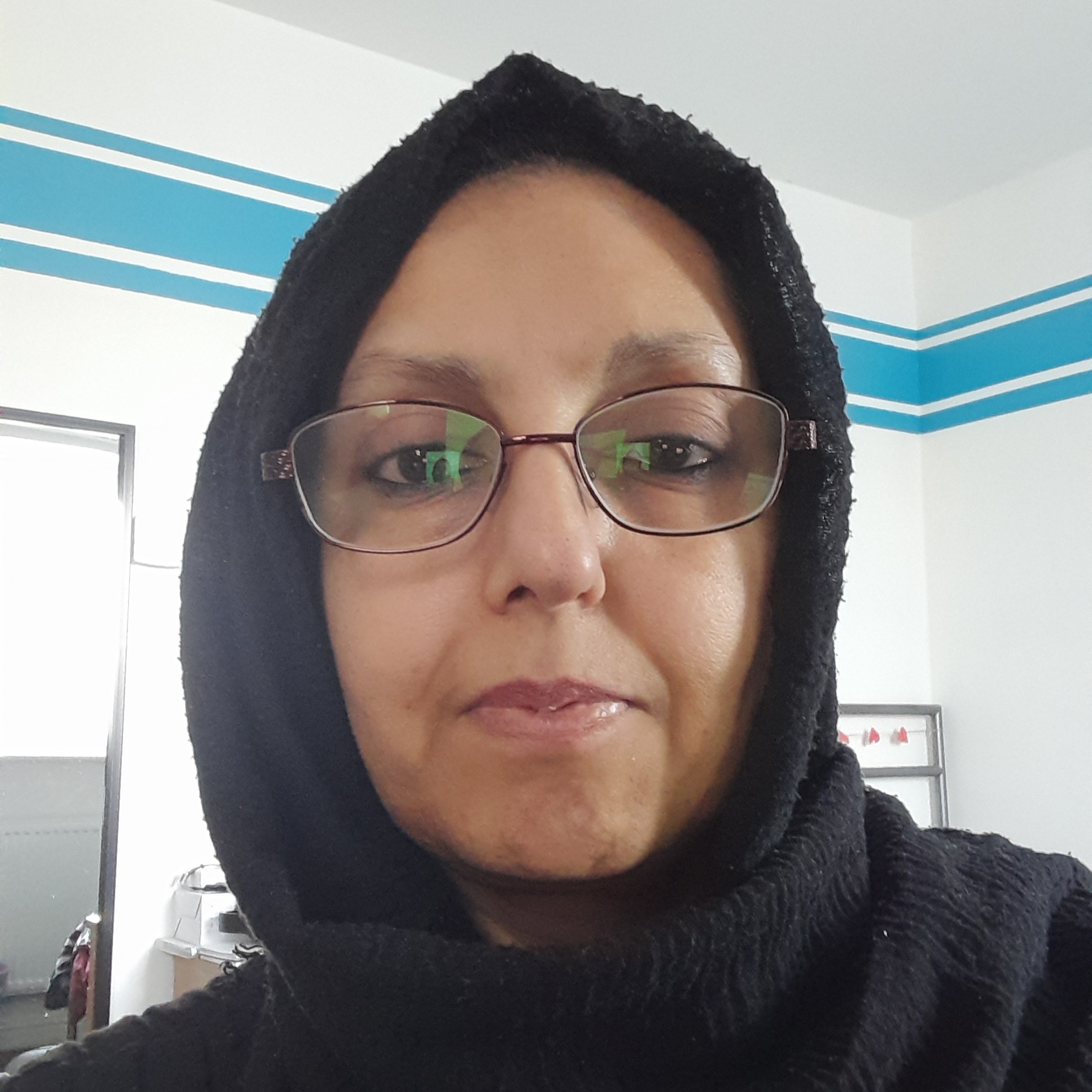
Co-lead TP3: Predicting co-occurences
Richard Mandunya
In my background career in Mental Health, I had always advocated for those who were vulnerable in both statutory and the voluntary sector and that is what led me into PPI.
I had my own experience of ‘Perinatal Mental Health’ where I was struggling with my Mental Health and added to this was a diagnosis of a Chronic Health condition. I got involved with Born in Bradford who were doing the evaluation on 2 pilot projects ‘Perinatal Befrienders’ and ‘Little Minds Matter’.
I am part of two Policy Research Units which report back to the Dept of Health and Social Care. I have been involved with CRUK’s Data Inequalities Research and part of Use My Data, a member-led organisation advocating for better use of patients’ data with transparency.
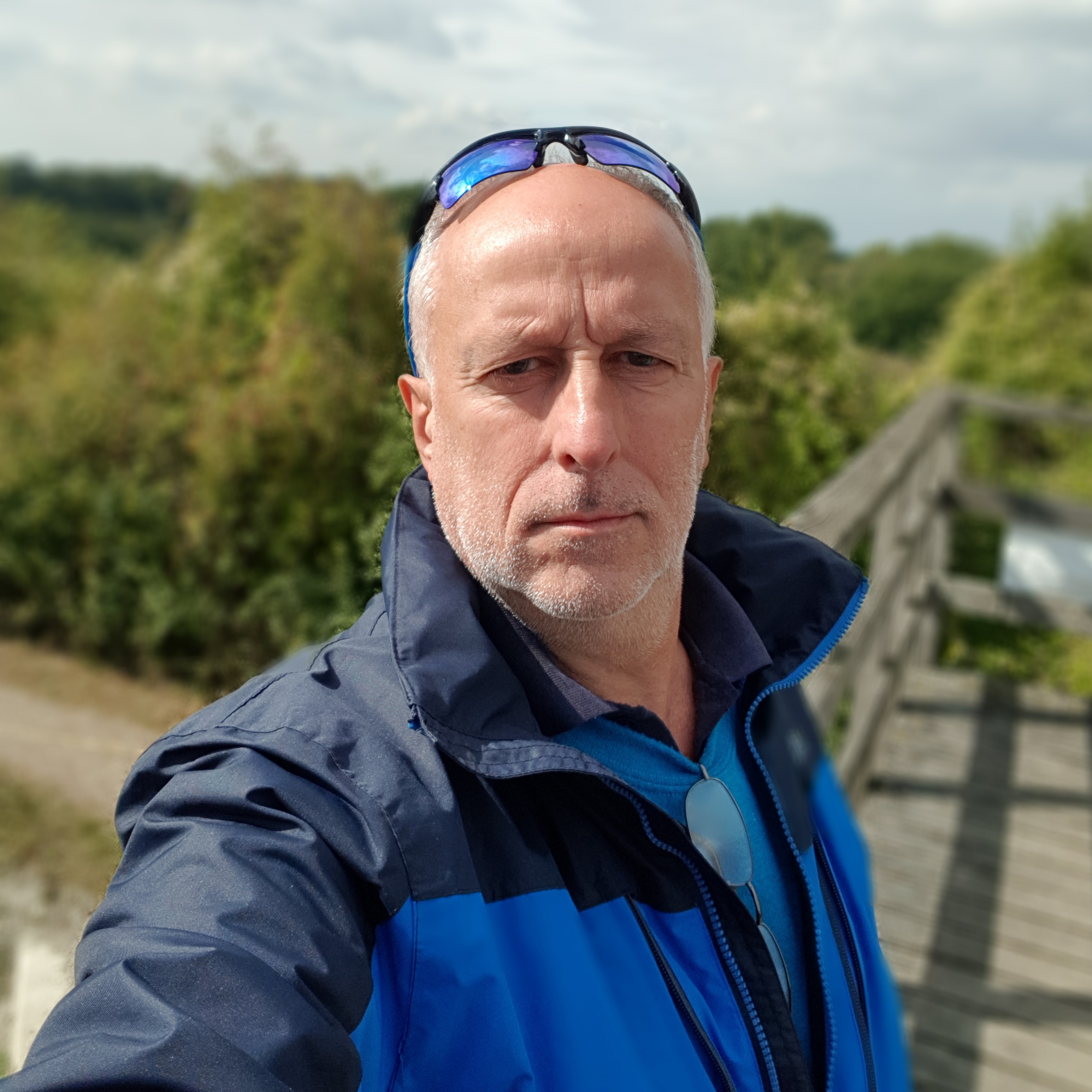
Website content editorial lead
Roger Ede
My active involvement and commitment to PPIEP is a significant piece of my life.
I was first recruited at an outreach event in Bonn Square, soon after arriving in Oxford in 2014. Initially, I had engagement with Primary Care, and then increasingly involvement with depression research in the Precision Department of Psychiatry. I was amongst the founding members of the PAR (Patients
and Research) Strategy Group in July 2016.
My personal history is one of management of clinical depression, which I suffered first aged forty. I have experienced the devastation of suicide in my immediate family and know the importance of clinical therapeutic interventions for mental health. PPI allows me to advocate directly on behalf of
other patients.
As a biologist by background, and a biology teacher/tutor by profession, I have a deep interest in the hardcore neuroscience that translates into patient benefit for treatment of depression – molecular targets, synaptic occupancy and neurotransmitter mimics, the pharmacological repurposing of common pharmaceutic drugs, the links between gut biome and mental health, and the potentials of ketamine and psychoactives as alternatives to antidepressants.
I particularly enjoy – and welcome – engagement with researchers, learning of their specialisms, and understanding eventual outcomes to benefit patients.

Website data lead
Samina Begum

